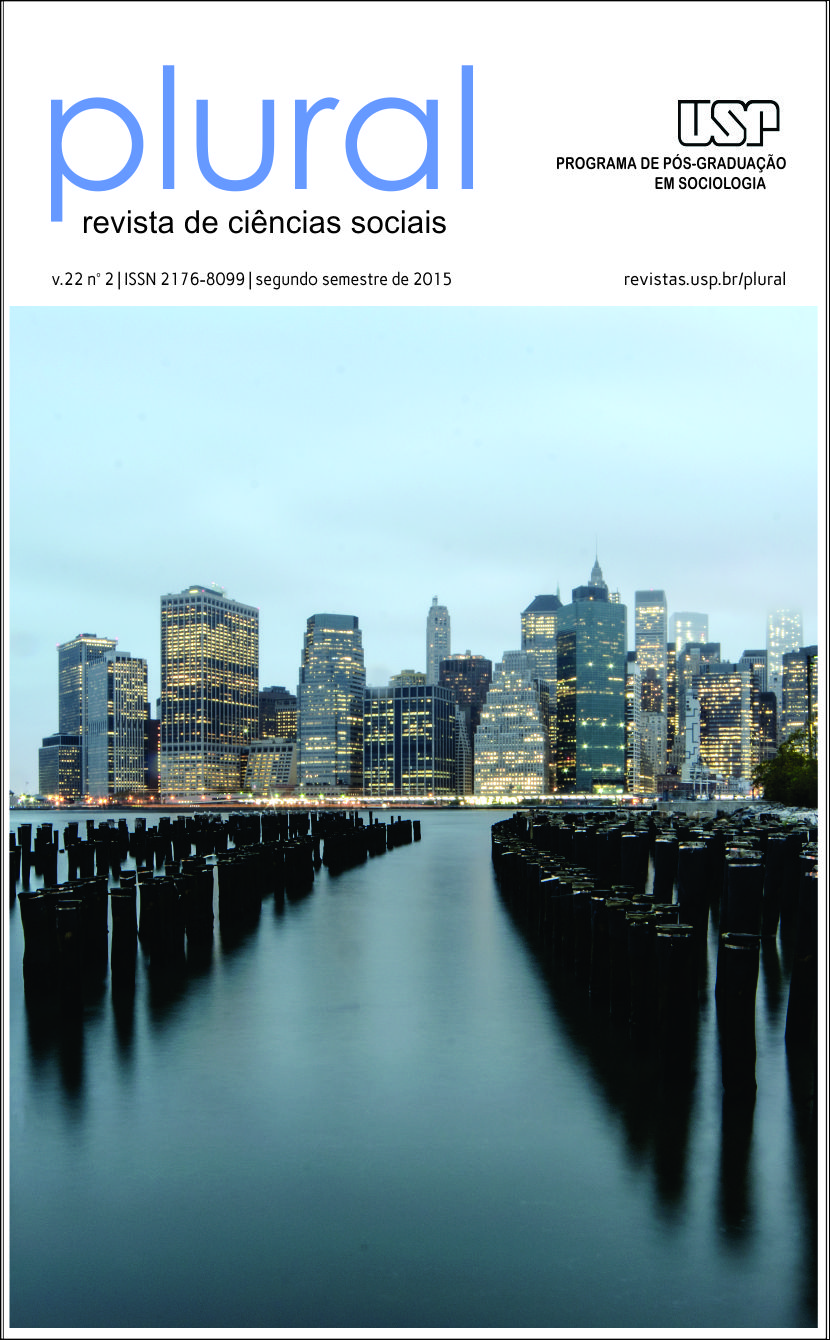From miscegenation to the diasporic reconstruction of the ethnic-racial belonging
DOI:
https://doi.org/10.11606/issn.2176-8099.pcso.2015.112455Keywords:
African-Brazilian, Racialization, Identity, Black DiasporaAbstract
The paper presents a reflection on the population and conceptual changes seen in Brazil over the last century in terms of their ethnic and racial characteristics. The purpose is to analyze the changes felt not only in the ethnic and racial composition of the country, but also the social, theoretical and political reasons that led to the dismissal of the debates around the mestizo and to the current context, guided into another identity logic: the African-Brazilian identification. The idea of a mixed country and the search for the country bleaching meant the institutionalization of desmemória of ethnic and racial backgrounds. This meant that blacks and Indians were incorporated into Brazilian society not as subjects of rights but as “marks of Brazilianness”. The black in Brazil in the twenty-first century, through the black intelligentsia, has been claimed as African-Brazilian, and has gone the way of recreating its origin beyond national borders. This is not a return to the African home, but the remake of his subjectivity, in a third space, a subjective territory made through the critique of the racialization of their ethnicity as well as the criticism of the hierarchization to which its history was submitted, denouncing how difference has become pretext and justification for social inequality.Downloads
Download data is not yet available.
Downloads
Published
2015-11-24
Issue
Section
Articles
License
Copyright (c) 2015 Política de direitos compartilhados

This work is licensed under a Creative Commons Attribution-NonCommercial-ShareAlike 4.0 International License.
Ao submeter seu trabalho à Plural, o autor concorda que: o envio de originais à revista implica autorização para publicação e divulgação, ficando acordado que não serão pagos direitos autorais de nenhuma espécie. Uma vez publicados os textos, a Plural se reserva todos os direitos autorais, inclusive os de tradução, permitindo sua posterior reprodução como transcrição e com devida citação de fonte. O conteúdo do periódico será disponibilizado com licença livre, Creative Commons - Atribuição NãoComercial- CompartilhaIgual –, o que quer dizer que os artigos podem ser adaptados, copiados e distribuídos, desde que o autor seja citado, que não se faça uso comercial da obra em questão e que sejam distribuídos sob a mesma licença (ver: http://www.creativecommons.org.br/).How to Cite
Medeiros, P. M., & Vieira, P. A. dos S. (2015). From miscegenation to the diasporic reconstruction of the ethnic-racial belonging. Plural, 22(2), 161-181. https://doi.org/10.11606/issn.2176-8099.pcso.2015.112455








